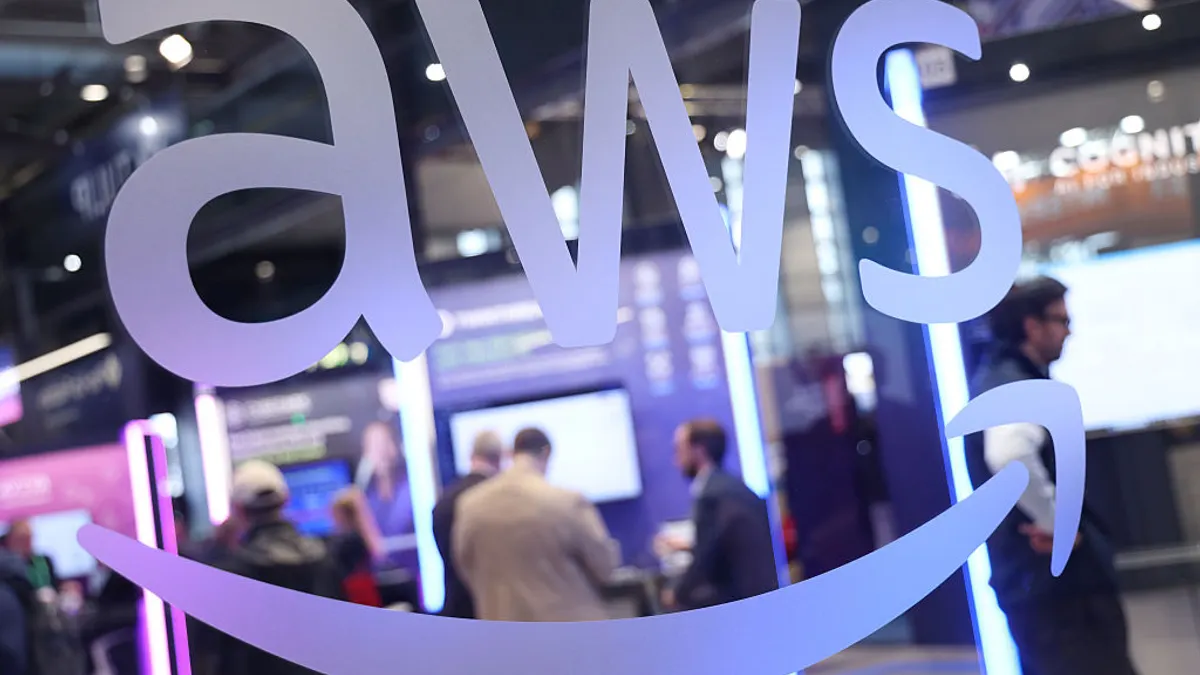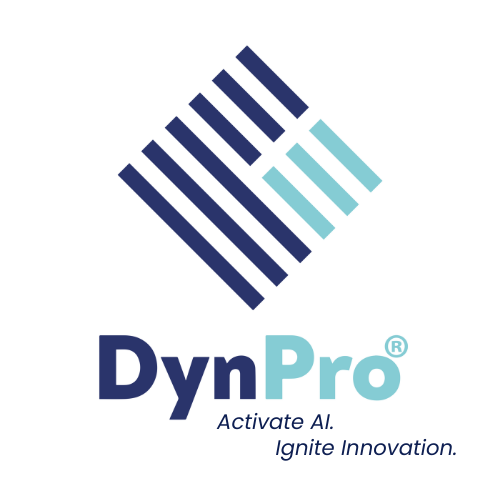Dive Brief:
- Big banks are reaping the rewards of growing investment in AI research, according to an Evident Insights study published last week. The research firm tracks AI adoption across 50 of the largest global financial institutions.
- The volume of research has surged as the scope has narrowed to applications, the study found. The number of published papers grew sevenfold from 2019 to 2024 among the banks analyzed, surpassing 750 last year, while the focus shifted to agentic AI and away from computer vision, scientific discovery and biomedicine.
- “This isn’t research for research’s sake: it’s laying the foundation for faster deployments, smarter trading agents, and the next frontier of AI-driven financial services,” Alexandra Mousavizadeh, co-founder and co-CEO of Evident, said in a release accompanying the report. “The leading banks are pushing the frontier on emerging technologies like agentic AI – building the architectures and workflows that will soon underpin real-world applications.”
Dive Insight:
Financial firms invested heavily in tech talent and IT modernization to navigate generative AI adoption roadblocks in the heavily regulated sector, cutting through a haze of uncertainty around model accuracy concerns that clouded early efforts.
JPMorgan Chase, Wells Fargo and Citigroup led the talent recruitment charge earlier this year, as banks sought out AI model development, platform engineering and project management technicians to activate use cases. Concurrently, firms increased spending on cloud, cybersecurity and data technologies to support AI adoption, according to a Broadridge Financial Solutions survey of more than 500 banking technology and operations leaders conducted earlier this year.
Pure and applied research proved to be a crucial adoption lever among leading banks, too, driving deployments of time-saving coding assistants, knowledge management tools, and customer service chatbots.
Evident’s analysis spotlighted five banks that were responsible for two-thirds of published AI research in the sector last year. JPMorgan Chase led the pack with 37% of publications, followed by Capital One at 14%. Wells Fargo and Royal Bank of Canda each held a 5% share of publications, and TD Bank was fifth with 4%.
As research papers proliferated, the number of use cases introduced by banks tracked by Evident surged during the first half of the year, increasing twofold compared with the last half of 2024.
This week, Citi added agentic tools to the Citi Stylus Workspaces platform, an in-house research assistant powered by Anthropic’s Claude model and Google Gemini. The bank gave its developers access to an AI coding assistant in January and its wealth division furnished staff with two AI-equipped advisory platforms last month.
Royal Bank of Canada credited its RBC Borealis research institute with securely training a financial services foundation model called Atom that is projected to contribute to the company’s goal of generating at least $700 million in value from AI by 2027, according to a July announcement. FICO rolled out a pair of AI models trained to assuage reliability, transparency and governance concerns, according to a Tuesday announcement.
The focus among the major players is on research that targets banking processes, Mousavizadeh stressed.
“Through their research programs, banks like JPMorgan Chase, Capital One, RBC, Wells Fargo and TD Bank are setting the tone for how AI will be deployed in high-stakes, regulated environments,” Mousavizadeh said. “In contrast to the more commercially guarded R&D practices of Big Tech, these banks are signaling the future of applied AI in financial services and, most impressively, moving from research pipelines into production at scale within two to three years, which is lightning fast by academic standards.”















